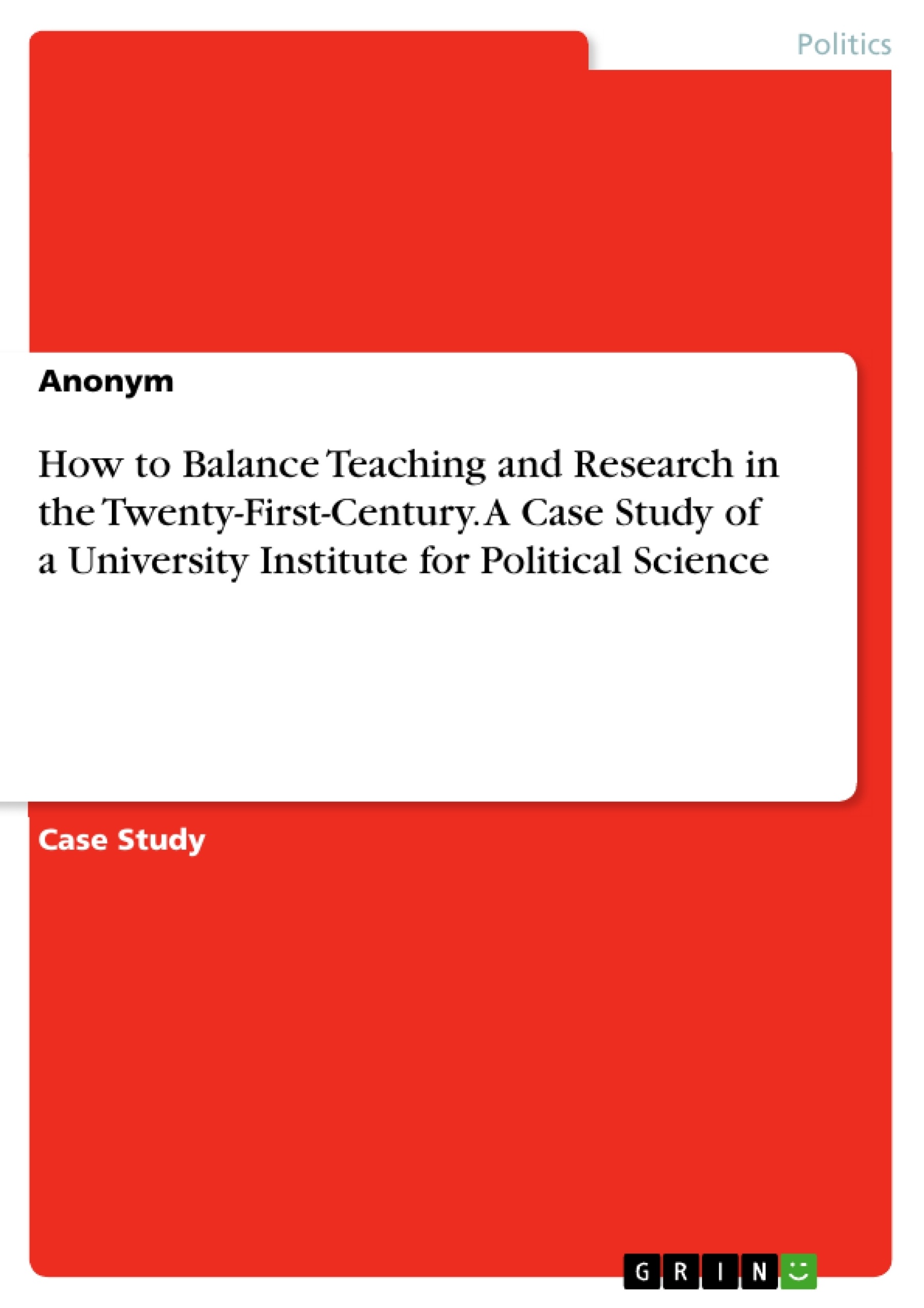The Public Sector Organization selected for this project was the perfect match for our research, and we managed to obtain the answers we needed efficiently through interviews and surveys. This project main research theme is related to the study of public management, which focuses on the inquiry of how a public organization works and how its environment and the way it is conducted affects directly on its performance and the creation of public value.
It is known that a public organization’s ultimate objective is to deliver services and create public value, as well as to contribute to the design and implementation of public policies. In order to achieve this goal, we can determine the existence of a hierarchy inside organizations, which distinguishes between employees, being who conduct the activities to provide services; and managers, who are the ones that actually "run the organization".
Through our study within the organization, we were able to sustain many of the aspects we learned about in our lectures, such as how internal and external management are a key issue, that is to say that the way managers make their decisions and treat their employees, together with external policies that affect the organization, led directly to their outcomes. After an exhaustive research about the Institute and knowing its political-administrative environment along with other relevant characteristics, we conducted two interviews, one with a middle-manager, specifically a lecturer, who gave us insights about the organization’s funding sources and how external policies affect employees; and the other one with a higher ranked and experienced manager, that revealed how efficient policy-making in conjunction with the role of a good manager will stand out for a good performance. We proceeded by the division of tasks, for example, being three of us the ones interviewing the managers, and the other two remaining doing the transcript. Before the interview, we prepared what questions we were going to ask and how so that we could answer our research thoroughly, and we accompanied this with a survey that the interviewees had to fill out.
Inhaltsverzeichnis (Table of Contents)
- Introduction
- Political-Administrative Environment
- Organization and Management
- Conclusion
- References
Zielsetzung und Themenschwerpunkte (Objectives and Key Themes)
This project examines the functioning of a public organization, specifically the Institute of Politics (IFP) in a mid-size city of western Germany. The research focuses on understanding the relationship between the Institute's political-administrative environment, its organizational structure and management practices, and its performance in delivering services and creating public value.
- The impact of the political-administrative environment on the IFP's operations.
- The role of internal and external management practices in the Institute's success.
- The relationship between policy-making, management, and the Institute's performance.
- The IFP's position within the broader German system of political science education.
- The challenges and opportunities faced by the IFP as a public organization.
Zusammenfassung der Kapitel (Chapter Summaries)
- Introduction: This chapter introduces the project, its objectives, and the research methodology employed. It also introduces the Institute of Politics (IFP) and provides context for its location and role within the German university system.
- Political-Administrative Environment: This chapter explores the IFP's position within the larger political-administrative environment of Germany, considering factors like the higher education system, funding sources, and the influence of the Bundesland.
Schlüsselwörter (Keywords)
This project explores the key themes of public management, political-administrative environment, organizational structure, performance, and public value creation. The specific focus is on a case study of a University Institute for Political Science in Germany, considering factors like funding, policy, and management practices.
Frequently Asked Questions
What is the primary focus of the case study on the Institute for Political Science?
The study focuses on how a public organization, specifically a university institute, works and how its political-administrative environment and management affect its performance and public value.
What is the difference between employees and managers in this context?
Employees are those who conduct the activities to provide services, while managers are responsible for "running the organization" and making strategic decisions.
How do external policies affect the organization?
External policies, such as those from the Bundesland or higher education systems, directly impact funding sources and the operational framework for employees.
What research methods were used in this project?
The research involved an exhaustive study of the environment, two in-depth interviews with managers (middle and high rank), and a survey filled out by the interviewees.
What is "public value" in the context of this study?
Public value refers to the ultimate objective of a public organization to deliver services and contribute effectively to the design and implementation of public policies.
- Quote paper
- Anonym (Author), 2019, How to Balance Teaching and Research in the Twenty-First-Century. A Case Study of a University Institute for Political Science, Munich, GRIN Verlag, https://www.grin.com/document/945200



